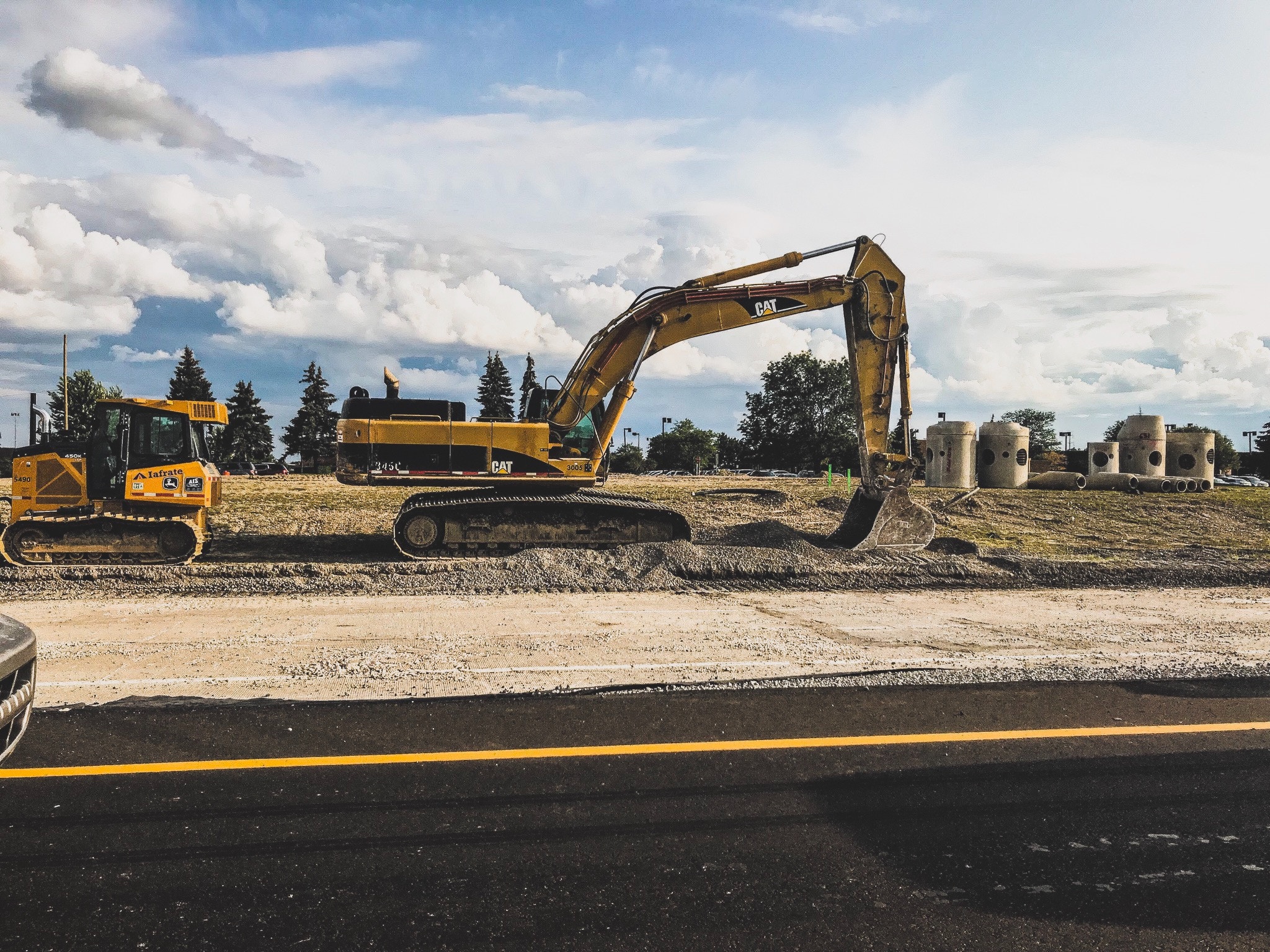Insurance, insurance, insurance—I just can’t keep it straight! Do
I need to have Inland Marine insurance
for my business? And what exactly is it?
Do you ever feel like this when it comes to protecting your excavation
or contractor business?
Let’s start at the beginning. Inland Marine Insurance (IMI)
is a specialized type of property insurance that covers equipment that likely will be moved from site
to site. IMI is also used for equipment that is
in a class of its own when it comes to valuation, such as small tools,
self-propelled equipment, and other miscellaneous equipment.
Here is a little background so you understand how this insurance
came about. Long ago when companies were shipping goods overseas via freighters
or the like, this special insurance was created and called Ocean Marine
Insurance. As times progressed and shipments started transporting in other
ways, it was renamed to Inland Marine
Insurance. It’s all about protecting goods and equipment during transit while
“on the move.”
Therefore,
IMI coverage is used to insure specific equipment
that will move from place to place or has a unique risk, such as tools, cargo, and
even fine art! Though you wouldn’t think fine art would go in this category,
just imagine how it is transferred from museum
to museum, or gallery to gallery. There are so many types of “equipment” that
move from location to location, ranging from construction equipment and cargo
to even things such as musical instruments, medical equipment in mobile vans, and
even movie cameras.
So, now that you understand better what it is, let’s talk about
why you should have this
coverage as part of your insurance protection plan.
Although IMI is a bit more
of an investment than just having “regular” property coverage, it
gives you extra protection from theft or damage to your equipment, during
transit or off premise. Whereas the basic
property coverage applies to equipment limited to your premise only. This is the primary difference between the two
types of coverage
If you have equipment of any type that will be moved or used
off-premises, we highly recommend you add this protection to your policy if you
don’t already have it. Examples of contractors who need IMI would be builders,
installers, construction companies, excavators, tree trimmers, etc.
So,
simply put, if you have equipment or tools that are used off premises, give Contractors
Insurance Agency a call and let’s discuss what your policy and investment
would look like. Most clients are
surprised at the affordability of adding Inland Marine Insurance coverage.
In conclusion, if any of your equipment is used off premises, you
want to be sure that it is covered properly so that no matter what happens you
can have peace of mind that you are protecting your investments in the best way
you can. At Contractors Insurance Agency,
all of our agents are CRIS Certified
(Construction Risk and Insurance Specialist).
Also, we are not your typical “jack-of-all-trades”
insurance agency! Due to our specialty
focus we have access to selected programs and more competitive rates for
contractor business owners like you, than the traditional agent.
Feel free to leave a comment or ask any questions! If you are
ready to get a quote, just reach out to us and let’s talk. We are here to help!


